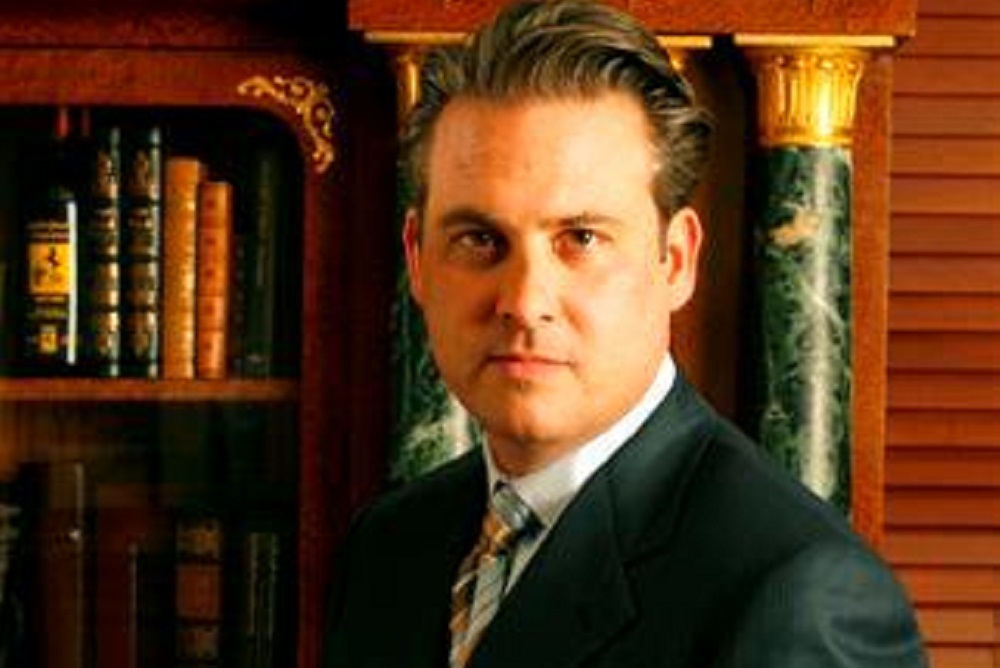A Louisiana appeals court has affirmed a New Orleans restaurant’s arguments that its insurer is required to pay for the eatery’s business losses sustained during shutdowns and restrictions imposed during the COVID-19 pandemic.
The state’s Fourth Circuit Court of Appeal issued a 3-2 decision on June 15 that reversed a lower court opinion. The court supported Oceana Grill owners’ position that its insurance policy with Underwriters at Lloyd’s covers a suspension of operations due to a direct physical loss or damage resulting from contamination from the coronavirus.
“Upon review, we conclude that the insurance policy is ambiguous and capable of more than one reasonable interpretation in regards to the coverage of lost business income,” Chief Judge Terri Love said in the majority opinion. “Due to the existing ambiguity in the relevant policy language, the contract should be interpreted in favor of the applicants.”
Metairie attorney John Houghtaling, who represented the Oceana Grill, said the restaurant fared better than plaintiffs in similar situations in other jurisdictions because of evidence uncovered during discovery. This evidence showed the insurance industry acknowledged a responsibility to pay for business losses during the SARS (Severe Acute Respiratory Syndrome) outbreak in Asia, according to Houghtaling.
“I think it (the court’s decision) is significant certainly for the restaurant industry in so far as the difference between this case and the others is that this is a case where discovery was allowed and the plaintiff was able to get facts into evidence about these policies,” Houghtaling told the Louisiana Record. “Once facts came out, it was very clear that the insurance industry had admitted to state regulators that there was coverage for viral contamination absent an exclusion."
In the wake of SARS, insurance commissioners – in Louisiana and elsewhere – allowed insurers to add exclusions to business-loss coverage when viral contamination is involved, he said. But by the time the COVID-19 pandemic unfolded, 20% of business-loss policies did not contain this exclusion, according to Houghtaling.
“Lloyd’s argued that contamination due to COVID-19 did not constitute ‘direct physical loss or damage’ and filed a motion for summary judgment, which the trial court denied,” the appeals court ruling says.
Insurers manufactured a position counter to their stance during the SARS outbreak when confronted with business-loss litigation arising from the coronavirus pandemic, Houghtaling said.
The Oceana Grill case should help to alter how courts view such business-loss cases, given the evidence uncovered during the litigation, he said.
“We’re hoping that it changes the tide here and that other restaurants and other people are given their day in court,” Houghtaling said.
